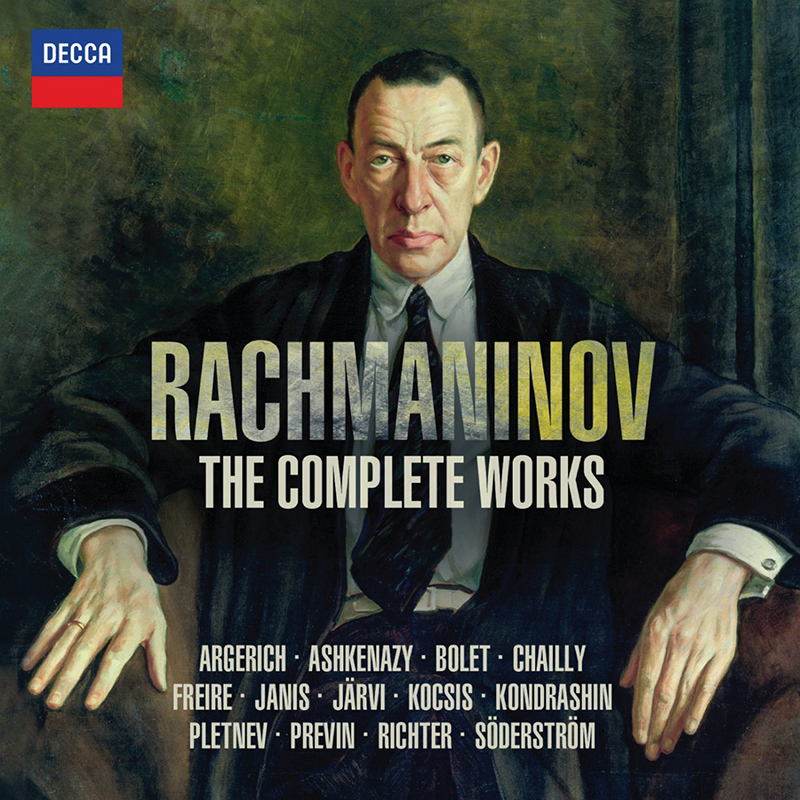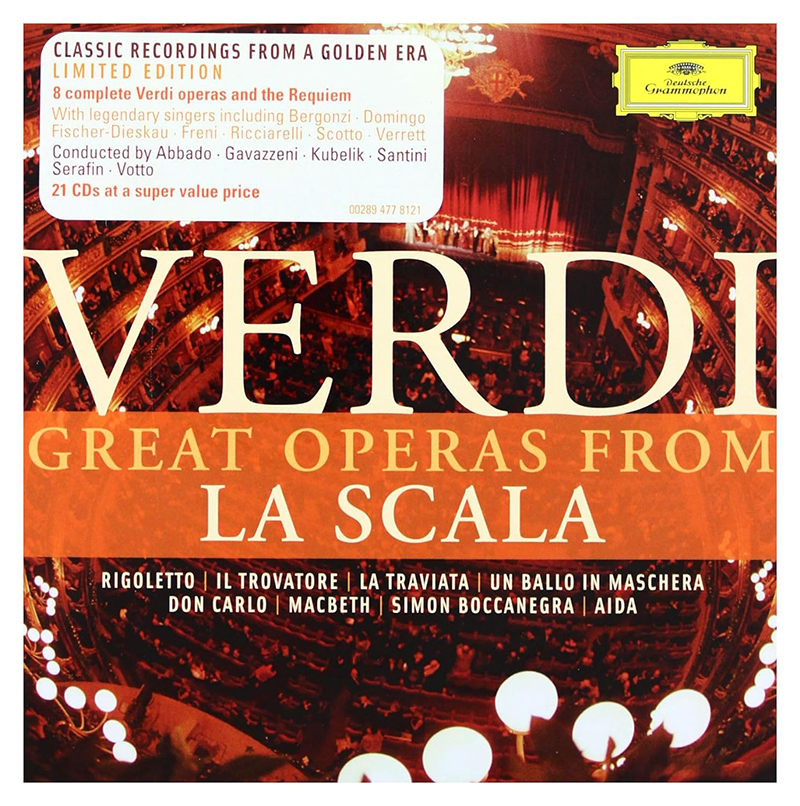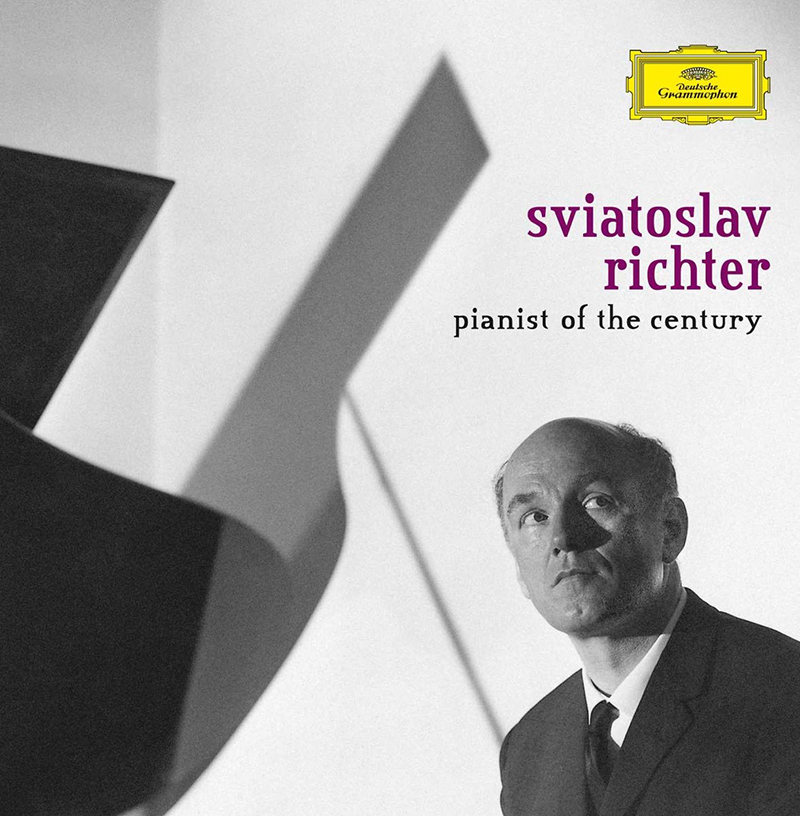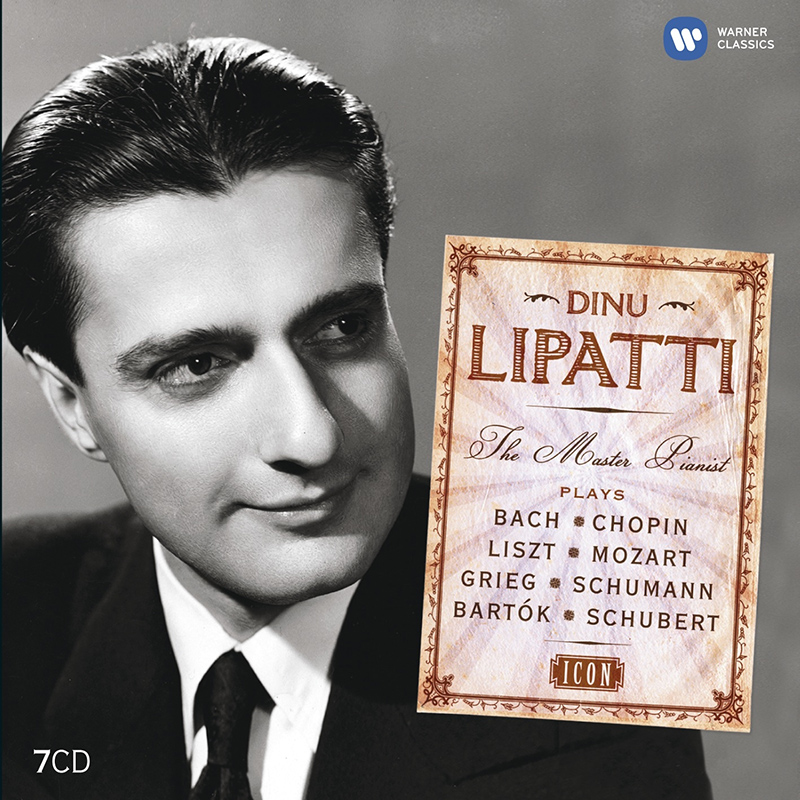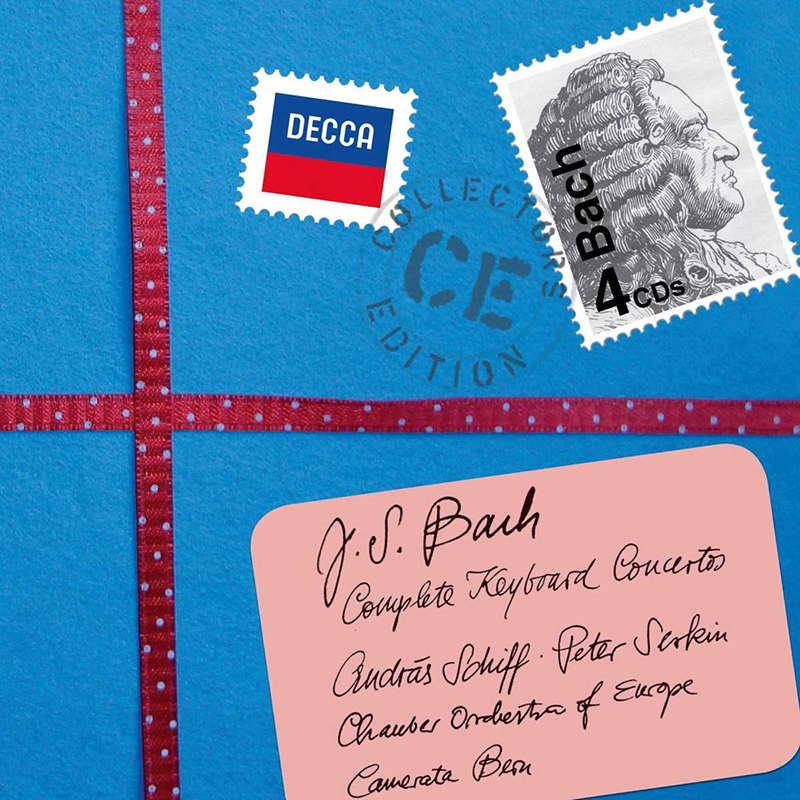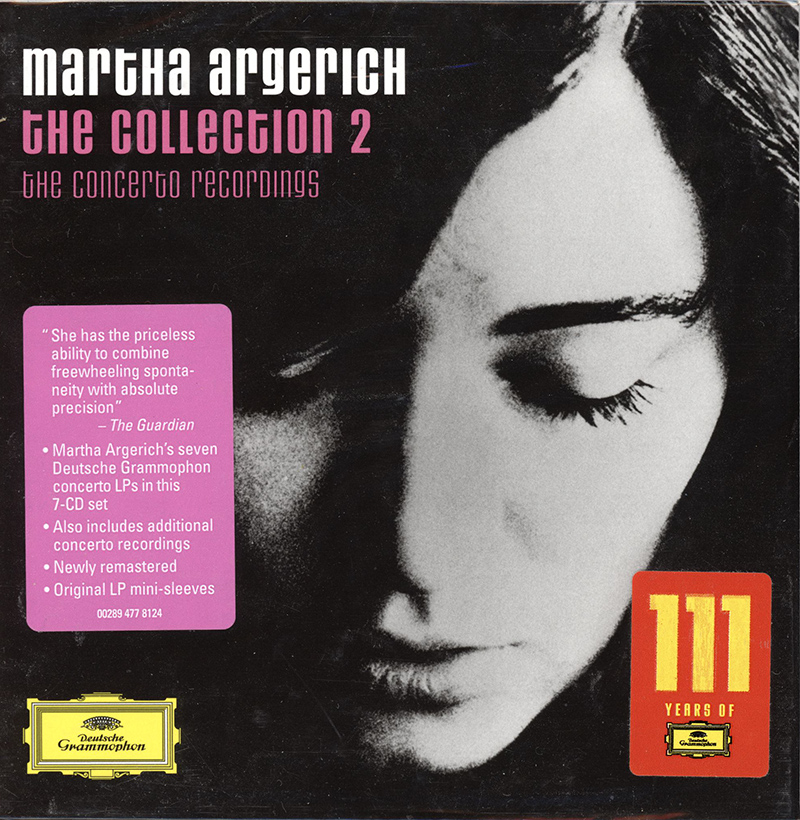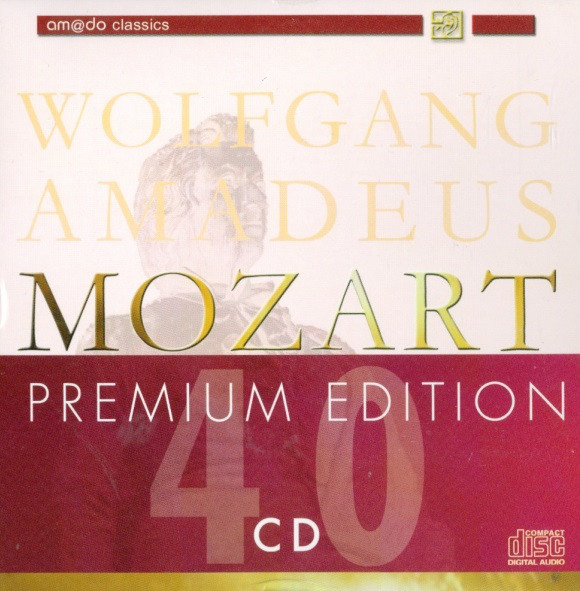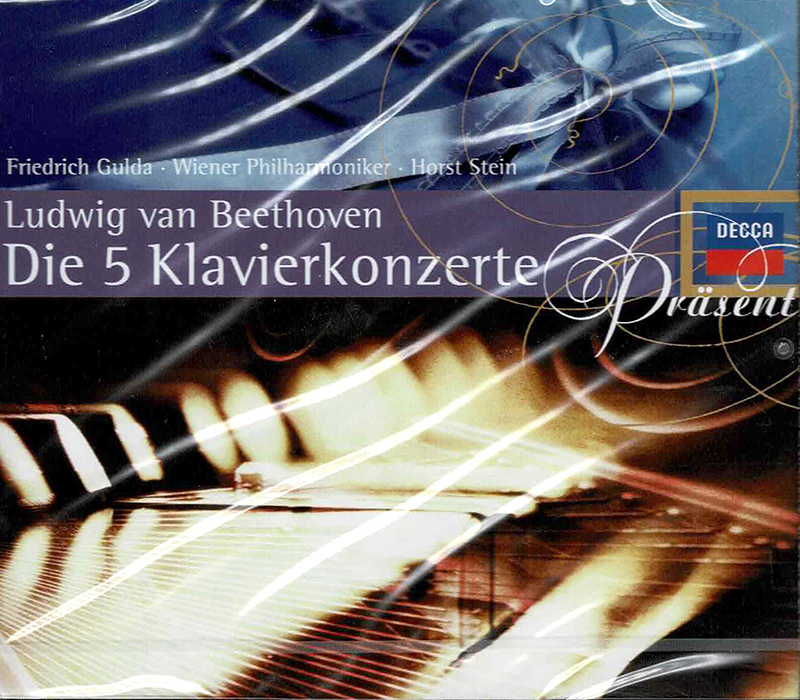Logowanie
KOLEKCJE!
BACH, CHOPIN, LISZT, MOZART, GRIEG, Dinu Lipatti, Otto Ackermann, Ernest Ansermet
The Master Pianist
PROKOFIEV, CHOPIN, TCHAIKOVSKY, SCHUMANN, BEETHOVEN, Martha Argerich, Claudio Abbado, Giuseppe Sinopoli
The Concerto Recordings
The Collection 2
Jakość LABORATORYJNA!
ORFF, Gundula Janowitz, Gerhard Stolze, Dietrich-Fischer Dieskau, Deutsche Oper Berlin, Eugen Jochum
Carmina Burana
ESOTERIC - NUMER JEDEN W ŚWIECIE AUDIOFILII I MELOMANÓW - SACD HYBR
Winylowy niezbędnik
ClearAudio
Essence MC
kumulacja zoptymalizowana: najlepsze z najważniejszych i najważniejsze z najlepszych cech przetworników Clearaudio
Direct-To-Disc
PIAZZOLLA, ChamberJam Europe
Tangos del Ángel y del Diablo
Direct-to-Disc ( D2D ) - Numbered Limited Edition
BEETHOVEN, Friedrich Gulda, Wiener Philharmoniker, Horst Stein
Die 5 Klavierkonzerte
- Friedrich Gulda - piano
- Wiener Philharmoniker - orchestra
- Horst Stein - conductor
- BEETHOVEN
AllMusic Review by James Leonard [-] Here's a Beethoven piano concertos cycle that time forgot: Friedrich Gulda's cycle with Horst Stein leading the Wiener Philharmoniker. Recorded in 1970 and released on Decca, Gulda's performances were initially greeted with modified enthusiasm -- some praised it for its freedom from hidebound tradition, others criticized it for its liberties with the published score -- but soon faded from both the catalog and listeners' memories. Reissued by Brilliant in 2008, Gulda's Beethoven returns with its virtues intact and its vices muted. A noted jazz pianist and a classical pianist best known for his recordings of Mozart's piano concertos, Gulda brings his fluent technique, molded tone, and flexible sense of tempo to Beethoven's music. The results seem to work better now after the experience of the period instrument/historically informed performance practice movement than it did before. Naturally, the Wiener Philharmoniker plays as if to the manner born: the suaveness of the strings, the character of the winds, the nobility of the horns, and the power of timpani are all echt-Beethoven in tone and technique. Horst Stein mediates between Gulda's liberty and the Wiener Philharmoniker's tradition, unifying the performances despite the obvious differences in the performers' approaches. Filling out the set is a limp and lackluster performance by pianist Shoko Sugitani with Gerard Oskamp directing the Berliner Sinfonie-Orchester of the composer's arrangement of his violin concerto as a piano concerto. While Gulda and Stein's cycle of the canonical concertos is well worth hearing by anyone who enjoys the works, Sugitani and Oskamp's version of the piano (née violin concerto) is eminently forgettable. Minimally remastered, Decca's stereo sound is lush, smooth, and warm.
